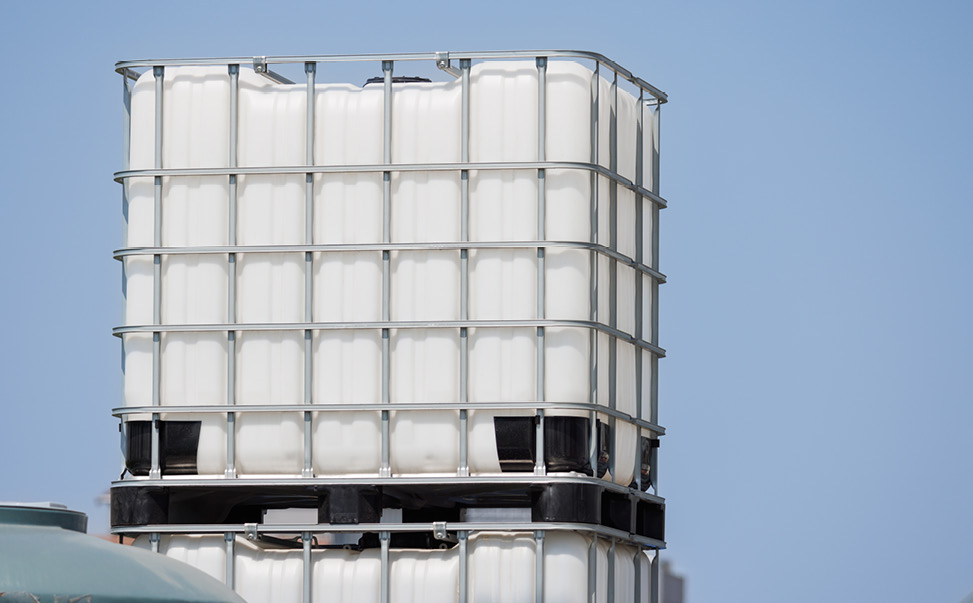


If you spend time outdoors in the sun or even indoors in a heated room, you lose more water and need to adapt accordingly. Climate: You need more water in warmer months due to perspiration and slightly less when the temperatures are cooler.A person in Switzerland needs to drink more water than a person in the Netherlands. The same is true for people living in mountainous areas or higher altitudes. For example, a person in Saudi Arabia needs more daily water than a person in Germany. When humidity and temperatures increase, daily water needs increase. Where You Live: Where you live affects daily water needs.To answer the question about how much water you should drink every day, experts generally agree between 2-4 liters. Researchers concluded that dehydration ha d considerable effects on energy levels, attention, focus, and even short-term memory. Their average results under these three conditions are plotted below. Tests on their mood and cognitive function were administered before (the baseline), following dehydration, and after they were given water to rehydrate.

A study conducted in China by the Department of Nutrition and Food Hygiene at Peking University entitled “Effects of Dehydration and Rehydration” followed 12 men who abstained from drinking water for 36 hours. If you don't stay hydrated, you may notice a drop in energy levels and brain function. This diagram shows the percentage of water in various parts of the body. Water maintains body temperature and is therefore extremely crucial for overall good health. It carries nutrients to your cells, removes toxins from organs, lubricates joints, and helps you digest the food you eat. The body is approximately 60 percent water and needs it for every bodily function. Regular bodily functions like breathing cause loss of water. At the same time, the body is constantly losing water in the form of urine and sweat. On average, 20 percent of water comes from the foods you eat. If the average American consumes 1,900 calories per day, it implies an intake of 1900 ml (64 fluid ounces) of water.įurthermore, the recommendation did not account for water consumed in other beverages like teas and juice, or water in the foods one consumes. This might seem like a departure from the 8x8 rule (drink eight 8 ounce glasses of water a day) but that is an outdated recommendation made by the Food and Nutrition Board in 1945, which suggested that a person consume one milliliter (ml) of water per calorie of food consumed. Pregnant women should drink about 2.4 liters (10 cups) of water whereas those who breastfeed need 2.8 liters (12 cups). They say the required intake is 3 liters (13 cups ) of water each day for men and a little over 2 liters (half a gallon or 9 cups) for women. The Institute of Medicine (IOM) recommends a little less. These findings came as a part of their study entitled Dietary Reference Intakes for Water, Potassium, Sodium, Chloride, and Sulfate. A study conducted by the US National Academies of Sciences, Engineering, and Medicine recommends a daily intake of approximately 3.7 liters (a little less than a gallon or 16 cups) of water a day for men and 2.7 liters (0.7 gallons or 11 cups) for women.


 0 kommentar(er)
0 kommentar(er)
